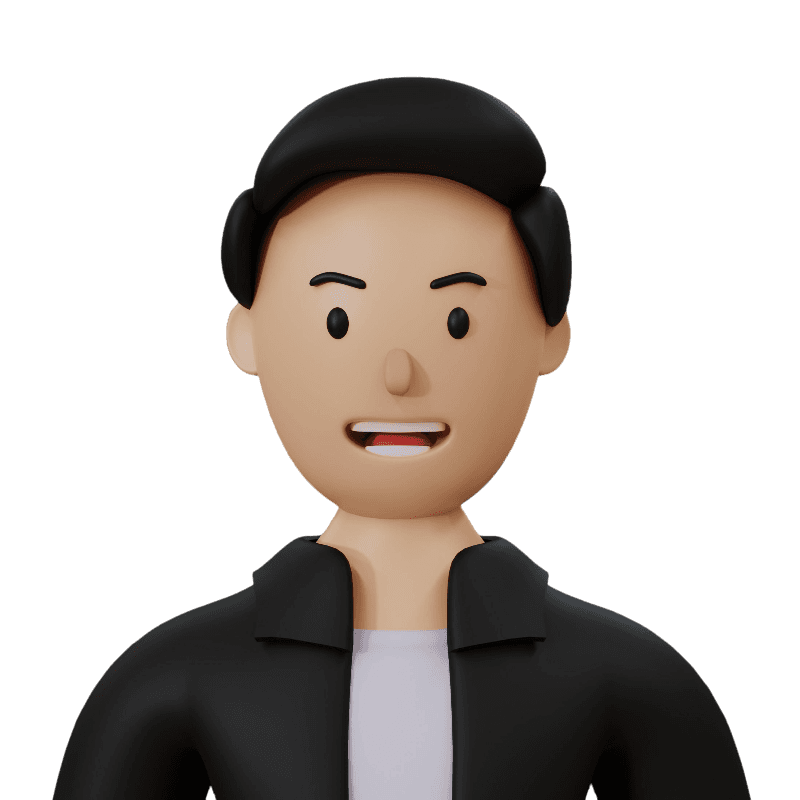
When we imagine the future of healthcare, we see a world where diseases are not just managed, but predicted even before they manifest. A world where patient care extends beyond hospital walls and reaches the comfort of one's own home, thanks to personalized healthcare tools powered by the latest technologies. Interestingly, this future is not far away. The cornerstone of this transformation is artificial intelligence (AI).
The Dawn of AI in Healthcare
The integration of AI in healthcare is not a new concept. The Stanford University developed an early AI system back in the 1970s, which was used to identify potential bacteria and recommend antibiotics. Today, the possibilities have multiplied tenfold with advancements in AI technologies such as machine learning, computer vision and natural language processing.
Revolutionizing Patient Care and Disease Management
One of the most impactful ways in which AI is revolutionizing healthcare is through predictive analytics. By analyzing vast amounts of data from various sources such as electronic medical records, wearables, and genomics, AI can predict the likelihood of a patient developing a particular disease and recommend preventative measures. This is truly a game-changer as it enables proactive rather than reactive healthcare.
In disease management, AI plays a significant role in diagnosis and treatment. For example, researchers are training AI algorithms to interpret radiology images to detect early signs of diseases like cancer. Additionally, AI is being used to develop personalized treatment plans based on a patient's genetic makeup, lifestyle and other factors.
Empowering Healthcare Professionals
AI is not just about replacing healthcare professionals but providing them with powerful tools to make their jobs easier. AI-powered predictive models can help doctors identify high-risk patients, reducing the time spent on routine screenings. AI can also help in interpreting complex medical data, thus aiding in diagnosis.
Moreover, AI is finding its place in robotic surgeries, where precision and accuracy are key. AI-powered surgical robots can assist surgeons in delicate procedures, leading to better patient outcomes.
An Ally in Healthcare Research
Healthcare research is another domain where AI is making significant strides. For example, AI can help in the development of new drugs by predicting their potential effects and testing them on virtual models before they reach clinical trials. This not only expedites the drug discovery process but reduces costs significantly.
Enhancing Patient Experience
From AI-powered chatbots providing 24/7 patient support to AI-driven wearable devices monitoring patient health in real-time, AI is enhancing the patient experience like never before. These technologies not only provide convenience to patients but also enable healthcare providers to provide personalized care, improving patient satisfaction and outcomes.
The Challenges Ahead
AI's integration in healthcare also brings its share of challenges. Data privacy issues, the lack of regulation around AI practices, the need for data standardization, and the potential bias in AI algorithms are some of the critical obstacles that need to be addressed as we move towards a more AI-centric healthcare paradigm.
A Bright Future
The benefits of AI in healthcare are immense. While the challenges are significant, so are the opportunities. With continual advancements in technology and an ever-increasing understanding of the human body, AI offers the potential to transform how we view and manage health.
It's time to embrace the game-changing role of AI in healthcare, for a smarter and healthier future for all.



